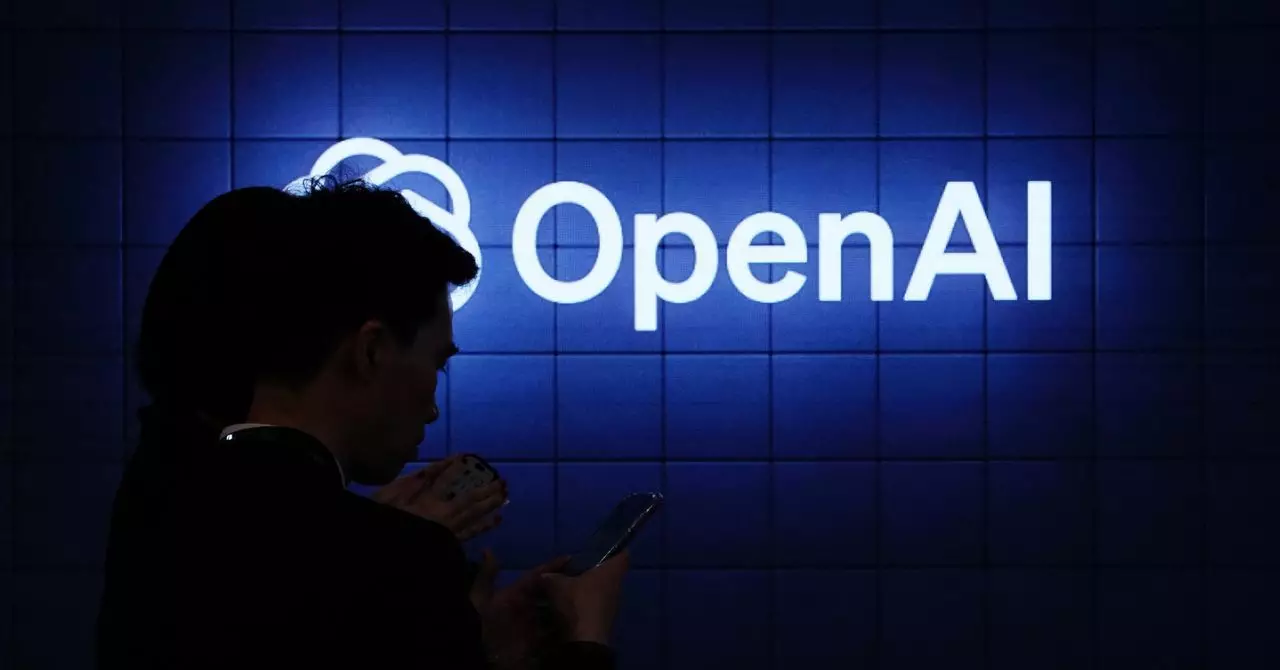The artificial intelligence landscape is witnessing a dramatic shift as Meta aggressively pursues top-tier talent from its rivals, particularly OpenAI. This week, four notable researchers—Shengjia Zhao, Shuchao Bi, Jiahui Yu, and Hongyu Ren—departed OpenAI to join Meta’s superintelligence team, signaling a growing talent war that goes beyond mere technology development. Meta’s approach, which reportedly includes multi-million dollar signing bonuses, reflects not just financial muscle but a strategic commitment to leapfrog competitors like OpenAI, Anthropic, and Google in the race to create artificial general intelligence (AGI).
Unlike many typical sector hires, these researchers are proven contributors to cutting-edge AI models. For example, Hongyu Ren led post-training efforts on OpenAI’s latest mini models and the forthcoming open-source release, suggesting that Meta isn’t just acquiring bodies but highly specialized knowledge vital to AI refinement. Shengjia Zhao’s involvement in building GPT-4, one of the most advanced language models, further underscores the caliber of this talent migration. The incorporation of such expertise gives Meta a tangible boost in the technical arms race that defines AI research today.
The Cost of Competition: Talent as the New Battleground
Mark Zuckerberg’s strategic gambit to entice OpenAI’s key researchers with “giant offers”—rumored to include $100 million signing bonuses—is an indicator of how critical human capital has become in defining leadership in AI technology. It reveals a highly aggressive recruitment environment where leading companies are willing to invest extraordinary sums to secure intellectual advantage. While OpenAI’s CEO Sam Altman has downplayed the defections as minimal among his top talent, the departure of those with specialized skills could subtly erode institutional knowledge, especially when these experts spearhead important innovations like post-training processes or multimodal model management.
This scenario highlights a deeper truth about the current AI ecosystem: cutting-edge progress depends disproportionately on a handful of brilliant minds who are difficult to replace. When these individuals switch allegiances, it not only disrupts ongoing projects but can shift the momentum in the wider technological battle. Meta’s focused hiring suggests a targeted effort to consolidate such talent, aiming to outpace rivals by leveraging these new arrivals’ direct experience with advanced AI architectures and training methodologies.
Implications for the Future of AI Development
The recent outflow of researchers from OpenAI—exacerbated by prior staff losses at its Zurich office—raises questions about the sustainability of AI research organizations that rely heavily on a limited pool of elite researchers. Companies like Meta, with deeper pockets and greater willingness to offer unprecedented financial incentives, might accelerate their strides toward AGI faster than previously anticipated. However, this trend also risks creating an unhealthy talent bottleneck where a few dominant players scoop up essential innovators, potentially reducing diversity of thought and slowing open collaboration.
Furthermore, Meta’s growing superintelligence team represents a larger strategic pivot from social media dominance to technological powerhouse, which could recalibrate the AI territory in unpredictable ways. If Meta successfully integrates these experts and fosters innovation at the breakneck pace that current competition dictates, it could redefine the balance of power in artificial intelligence—and reshape how society ultimately benefits from these transformative technologies.

